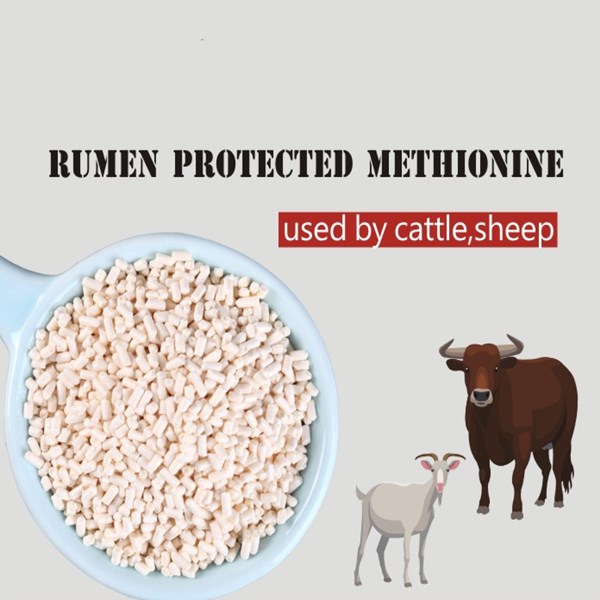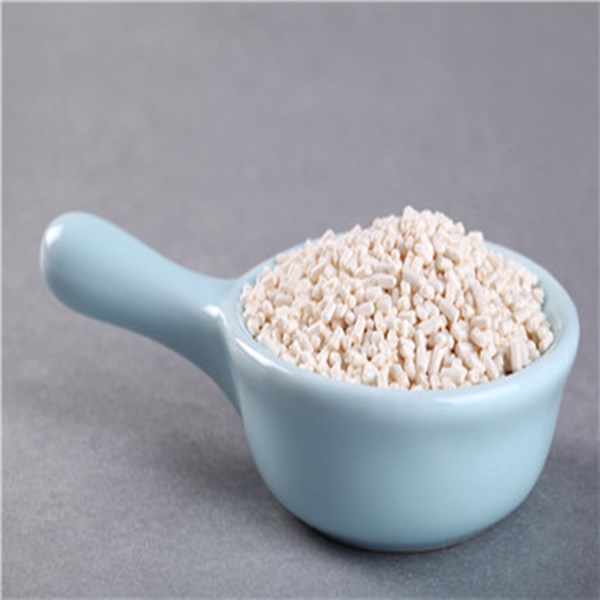Rumen Protected Methionine is a cost-effective source of rumen bypass and intestinally available methionine for use in the diet of dairy cattle and other ruminant animals. Balancing for methionine using a rumen-protected form can help optimize production and allow for greater flexibility when formulating rations.
Functions of Methionine
Methionine is an essential amino acid, and it is one of the two amino acids that are often limiting in dairy cows’ diets.
Amino acids are building blocks for milk and tissue proteins, hence supplementing the diet of dairy cows with Rumen Protected Methionine can positively impact milk production and overall performance of ruminant animals.
Methionine also has metabolic roles in helping to maintain the health of dairy cows, especially during the transition period when cows are challenged. In the liver, methionine enhances the metabolism of fat minimizes the risk of fatty liver and ketosis. Methionine also helps to minimize inflammatory processes and reduce oxidative stress through its metabolic synthesis of glutathione, a natural antioxidant. Supplementing the diet of transition dairy cows with Rumen Protected Methionine will help to meet the elevated requirement of methionine for the synthesis of proteins, production of hormones and other molecules that have a positive impact on the immune system, and for milk production during lactation.
Balancing Amino Acids in Dairy Cow Diet
The levels of methionine and lysine in common feedstuffs are usually lower than that found in the milk of dairy cows. Therefore, a typical dairy cow diet may not supply metabolizable lysine and methionine in the amount and/or ratio that is generally accepted to be optimum (3 parts lysine to 1 part of methionine). Rumen Protected Methionine provides a cost-effective, flexible and practical option to adequately balance dairy cows’ diet with optimum level of methionine to improve milk production and overall performance of dairy cows.
Rumen protected methionine, a coated methionine with specific pH-sensitive polymer that protects the amino acid during its passage through the rumen, ensuring its release in the abomasum and absorption in the small intestine.
Post time: Sep-27-2021

